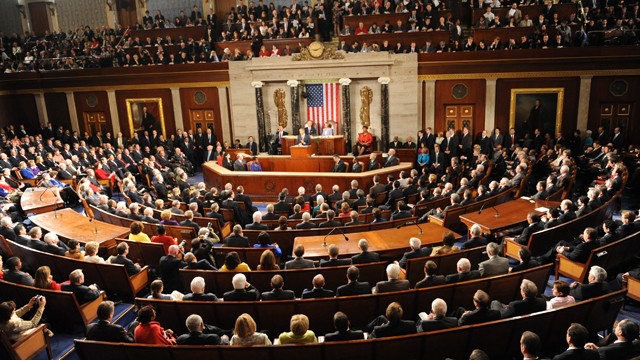Mark Levine, professor of Middle Eastern History at the University of California, Irvine and author of Heavy Metal Islam: Rock, Resistance, and the Struggle for the Soul of Islam speculates on the power of corporate interests in attempts to silence Wikileaks.
As written here, US government efforts to silence Wikileaks and charge Julian Assange is not about protecting the lives of foreign assets helping uncover suspected terrorists. Rather, it is more about shielding the public from knowing the extent of the influence the finance and other industries have on the government.
As a political theorist, Assange leaves something to be desired. “Neocorporatism” describes a system in which capital and labour are enmeshed in an integrated but ultimately dependent relationship with a powerful and autonomous state apparatus – an update of the triangular relationship that enabled unprecedented economic growth and gains for the working class in the West in the decades after World War II.
Ideologically, this kind of close working relationship between government, big business and organised labour is the antithesis of the neoliberal system WikiLeaks seeks to combat.
But Assange is right that there is something “neo”, if not exactly new, in the way the corporate sector is behaving today and its relationship with government. It lies in the embrace – or better, re-embrace – of finance capitalism and militaristic empire and the military industrial complex that sustains it.
Whether preying on unwitting consumers in middle America or preying on suspected insurgents in the Middle East, these are two of the most secretive sectors of the American economy. They depend on the public knowing as little as possible about their inner workings to secure the greatest possible freedom of action, power and profits.
As Levine points out, “…the world’s criminals, autocrats and spooks are very much part of the global political economic system…”, and the US military is a “racketeer for Capitalism”.
As the United States entered its long and painful era of deindustrialization American foreign policy became more aggressively militaristic; …
Not surprisingly, profits from the financial sector surpassed that of manufacturing in the early 1990s and haven’t dropped since. But these profits and the economic growth they generated have relied disproportionately on government and consumer debt and a hollowing out of the manufacturing sector, which together helped make the US the “sick man of the globe”, as one senior corporate economist…
None of these practises would have withstood the light of public scrutiny, and it was only the corporatisation – in good measure, financialization – of American politics that allowed them to flourish in the last thirty years. Few enterprises threaten that secrecy as much as WikiLeaks and its laser-like focus on openness, which is why its actions are viewed in Washington as “striking at the very heart of the global economy”.
The “financialisation” of the economy represents the increasing dominance of the financial industries in the overall economy, taking over “the dominant economic, cultural, and political role in a national economy”.
For Wikileaks to prevail copycats and whistleblowers must let loose a torrent of information on a daily basis but even that will not stop capitalism and power from conducting business as usual. The information has to be acted upon, convictions obtain, officials recalled or replaced and some serious rethinking about how big a single corporate interest can become so that enforcement action is not impaired by the fear of ‘too big to fail’.
*Note: A list of bank failures through 2010.


